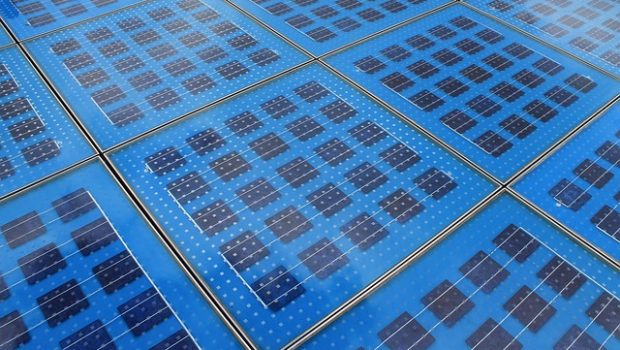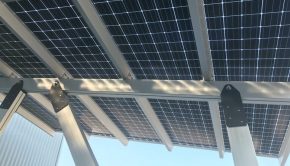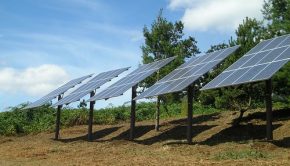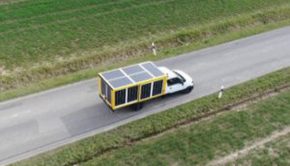133.6-MW Fern Solar project coming to North Carolina –
133.6-MW Fern Solar project coming to North Carolina –
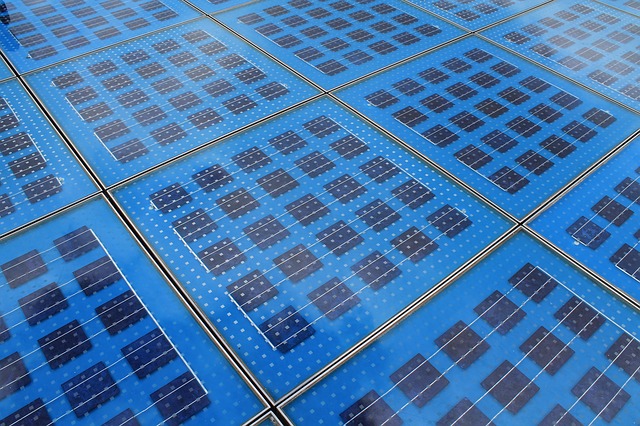
BayWa r.e. Solar Projects LLC said on Monday that it will commemorate the 133.6-megawatt (MW-DC) Fern Solar project in Edgecombe County, North Carolina via a virtual ribbon-cutting on November 19. Fern is the largest project developed and built by BayWa r.e. in the U.S. and the first large solar asset the company will own and operate.
Featuring more than 353,000 photovoltaic (PV) panels, the power plant will produce an estimated 238 gigawatt-hours (GWh) of clean electricity annually. The project created 500 jobs during peak construction and will generate tens of thousands of dollars in property taxes annually for Edgecombe County over the plant’s lifetime, according to the company.
BayWa r.e is partnering on a solar job training program with the Center for Energy Education (C4EE). The training targets residents who are unemployed or underemployed, and needing a second chance. Graduates of the program include military veterans seeking work in the solar industry. C4EE graduates earn first consideration for hire at local solar project sites. After graduation, each student receives an OSHA 10 certification card, safety equipment and a certificate of course completion.
The Fern project benefits from pioneering virtual power purchase agreements (VPPAs), including a first-of-its-kind agreement that includes five companies separately contracting similar portions of the plant’s power generation. Facilitated by LevelTen Energy, the Corporate Renewable Energy Aggregation Group includes Bloomberg, Cox Enterprises, Gap Inc., Salesforce and Workday. The group will purchase a compiled 42.5 MW of the plant’s installed generating capacity. Starbucks entered into a separate VPPA for 46 MW.
Related: Five Companies You’ve Definitely Heard of Join Up to Buy Solar Energy in Aggregation Deal
Additionally, BayWa r.e. secured tax equity and construction financing from RBC Capital Markets, which syndicated a tax equity investment commitment, and construction and permanent debt from Rabobank and Banco Sabadell.

